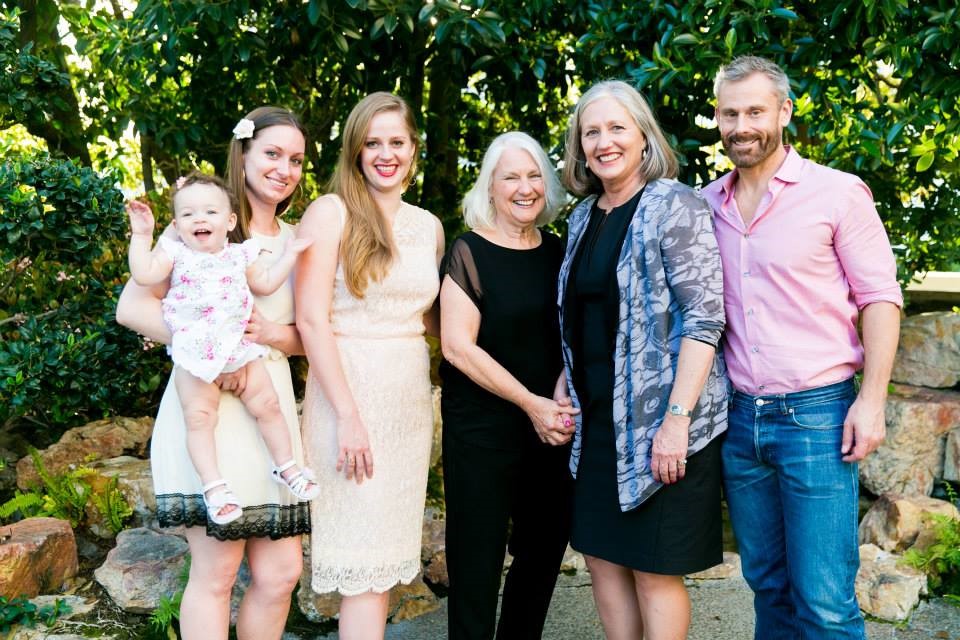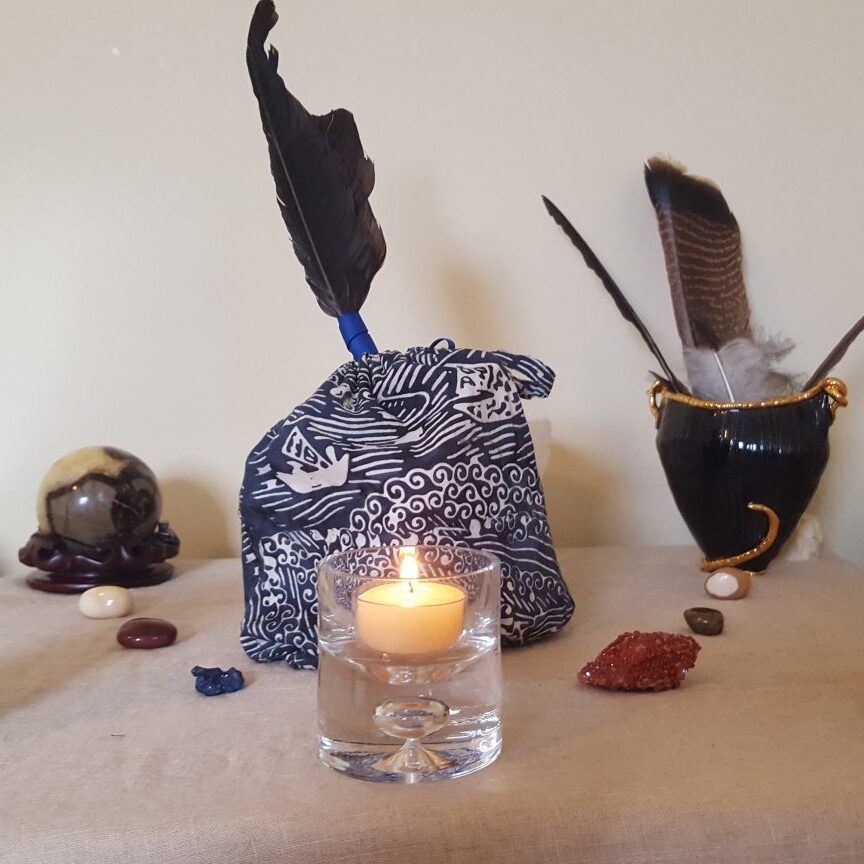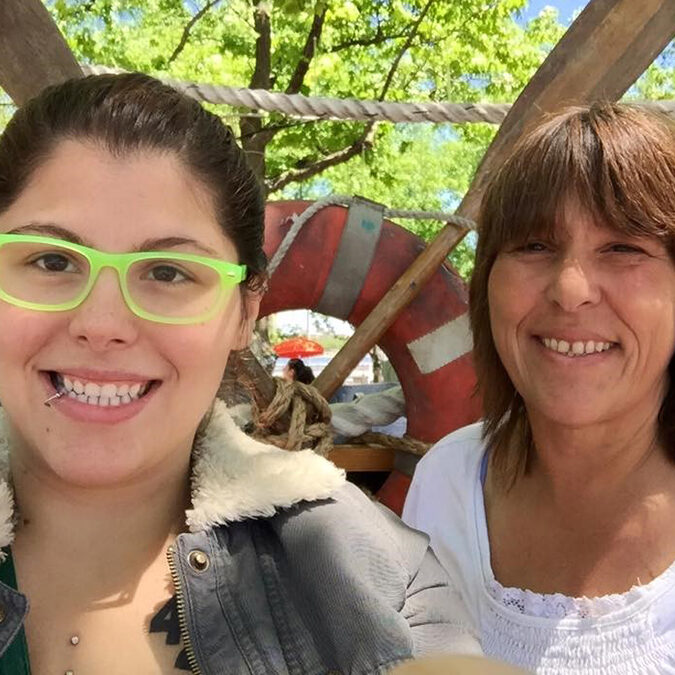Hensleigh Crowell is a public defender in Houston, Texas.
This summer, I lost my mother to pancreatic cancer. The loss of my intellectual guide, the first poet in my life, my mom, has been devastating, and I’m still figuring out how to live in a world devoid of her voice.
My Mother’s Final Days
Her death was painful, slow, and agonizing, both for her and for those of us who loved her and tended to her in those last weeks. This, despite her fervent wish to die quickly and painlessly after she was diagnosed with cancer.
By the end, my mother was in a coma-like state—she could hear us, but could not respond, could not move, and did not eat or drink for six days before her body finally expired.
This was not the ending she wanted, and it is not the ending we wanted for her.
Small but Mighty
My mother was a small woman, and an English teacher by profession, but she was tough. Family legend has it, she once killed a rattlesnake while camping and then cooked it over the campfire. She was an avid gardener, and in the image of her that is burned into my brain, she is sweaty and dirty, with a bandanna wrapped around her forehead, digging in the garden and teaching me the difference between good and bad worms for the plants.
She was an independent woman who had always taken control over her body. She divorced her husband in 1971 when she realized that she was a lesbian (shortly after discovering that lesbians existed), and from that point on she refused to conform to society’s definition of what a woman should be. She and my other mother were together for 37 years before she died.

A Choice about Treatment
Things changed when she was diagnosed with pancreatic cancer earlier this year. She lost forty pounds in five months, had little energy, and couldn’t enjoy many of the pastimes—reading, painting, and conversing with friends—she had always loved.
Yet still, she took control over her body, by refusing the chemotherapy and radiation that the doctors were pushing; she did her own research, and realized that treatment would likely extend her life only by months. And, understandably, she wasn’t very interested in extending the life she was currently living.
No Way to Help
But finally, when it came to the manner and timing of her death, my mother had no control over her own body. Though she was lucid and competent when she expressed her desire to end her life—and her family was in agreement that this was the right decision—we had no means of helping her do so. Assisted death is illegal in Texas.
As a result, we had no way to honor my mother’s last request. I have been searching for an answer as to why that is.
I hope that when it is my time to die, we will have become a more humane society and all terminally ill individuals will have the right to die on their own terms.
What Might Have Been
You cannot tell me that our current methods of end-of-life care are more humane than providing a terminally ill, mentally sound individual the right to die on her own terms.
I sat next to my mother in bed for days as she lost control of her body and experienced intolerable pain. There was no hope that she would come out of this state—pancreatic cancer is one of the most aggressive and lethal cancers, and all of the hospice nurses conceded that the end result of this process was death, so there were no life-saving aspirations at play.
The nurses told us that only God knew when it was time for her to go, but my mother did not believe in God, so this was little consolation. Had we lived in Vermont, or California, or one of the other states that permits assisted death for the terminally ill, things would have been different. But my mother was a lifelong Texan; she loved this state, even though, in her final hour, it failed her.
What We All Deserve
There is no reason why my mother had to die this way. I am left not only with the grief of losing her, but with the anger and bitterness of how I lost her.
I hope that when it is my time to die, we will have become a more humane society, and all terminally ill individuals will have the right to die on their own terms. It is what my mother wanted; it is what we all deserve.

